Seattle Mayor Jenny Durkan is asking the Washington state Supreme Court to reverse the decision of a King County judge that has allowed a recall effort to go forward that could result in her being removed from office.
Five Seattle residents have filed a petition seeking to recall Durkan over her role in the police response to the protests that have dominated the city this summer.
King County Superior Court Judge Mary Roberts has twice allowed the petition to go forward. Of the seven charges filed by the petitioners, Roberts initially dismissed six, but allowed one to go forward “more narrowly than alleged.”
Durkan asked Roberts to reconsider. Roberts declined.
Now Durkan is asking the state’s highest court to weigh in. Her notice of appeal, filed Wednesday, contains no new arguments. It just asks the Supreme Court to reconsider Roberts’ decision.
The petitioners, in turn, took the opportunity to ask the Supreme Court to reconsider two of the charges that Roberts dismissed and to broaden their charges against Durkan.
Roberts’ role is to assume the charges, as filed against Durkan, are true, and to determine whether they’re both specific and serious enough to allow the petition to proceed. The charge she allowed to go forward alleges Durkan failed to implement new policing policies after tear gas and other chemical agents were used on protesters in May and June. It accuses her of “misfeasance, malfeasance and violation of the oath of office.”
Durkan has argued that it’s the chief of police’s job, not hers, to dictate Seattle Police Department (SPD) policies and, that even if it was her job, changing police policies without court approval would violate the city’s longstanding consent decree.
“Mayor Durkan has no legal or constitutional duty to prescribe policies and procedures for SPD. Instead, the City Charter places that duty upon the Chief of Police, who exercised her authority in a reasonable manner,” Durkan’s attorney, Rebecca Roe, wrote in asking Roberts to reconsider. Durkan’s decision “not to overrule or usurp all or part of the Chief’s authority cannot be a basis for recall, particularly in the midst of a dynamic week of protests, public safety issues, and unrest.”
The petitioners opposed the motion, making the case that the police chief works for Durkan and that the buck should stop with the mayor. Roberts agreed last month in a written ruling.
“Mayor Durkan argues, as she did in the initial response to the petition, that she has no legal or constitutional duty to ‘prescribe policies and procedure for SPD.’ The gravamen (the most serious part) of the court’s ruling … is more broadly the alleged failure to protect the health and well-being of the community,” Roberts wrote. “The critical role of the Chief of Police in commanding her department does not vitiate the Mayor’s obligations.”
The recall process is a long one. If the state Supreme Court upholds Roberts’ decision, allowing the process to proceed, Durkan opponents would have to collect more than 50,000 signatures from Seattle voters — one-quarter of the votes filed in the last mayoral election — before a special recall election could be held.
A recall election would be a simple up or down vote on Durkan, with no opponent on the ballot. If the recall succeeded, the City Council president, currently M. Lorena González, would become mayor.
Police Chief Carmen Best announced her retirement this week, in response to the Seattle City Council’s moves to cut funding from the Police Department.
___
(c)2020 The Seattle Times
Visit The Seattle Times at www.seattletimes.com
Distributed by Tribune Content Agency, LLC.
—-
This content is published through a licensing agreement with Acquire Media using its NewsEdge technology.



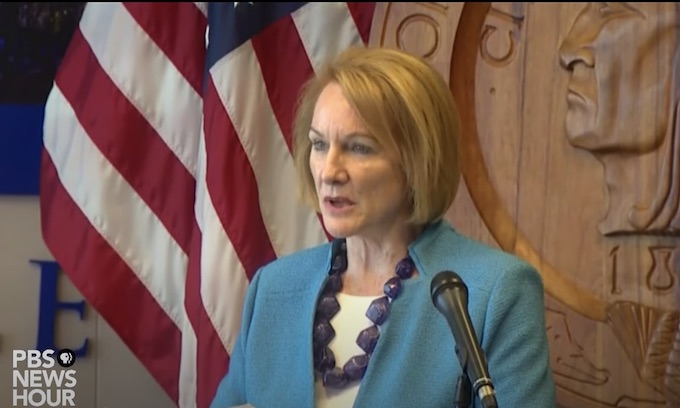
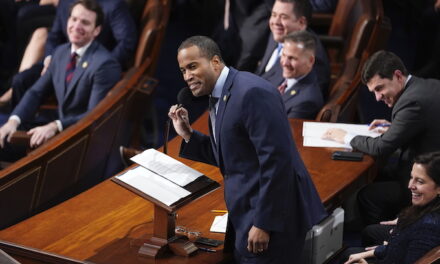
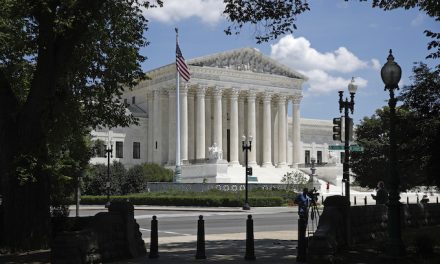
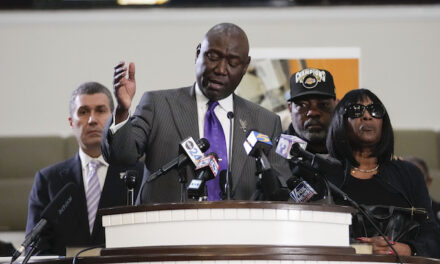
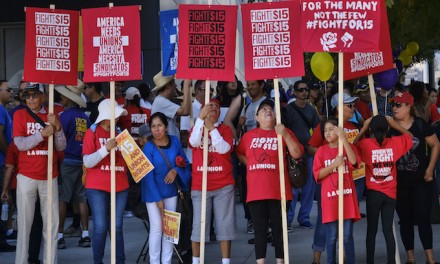











Recent Comments